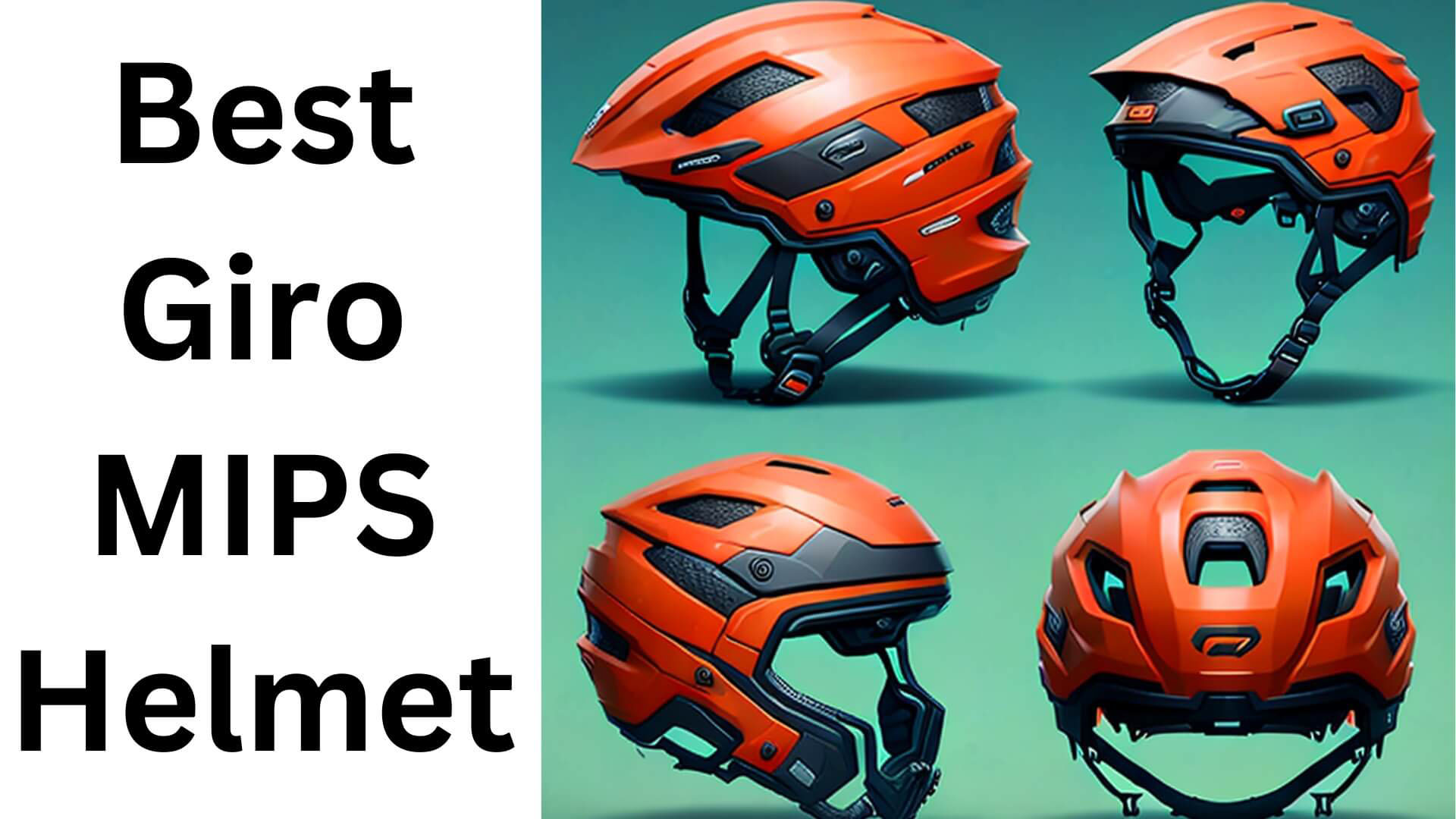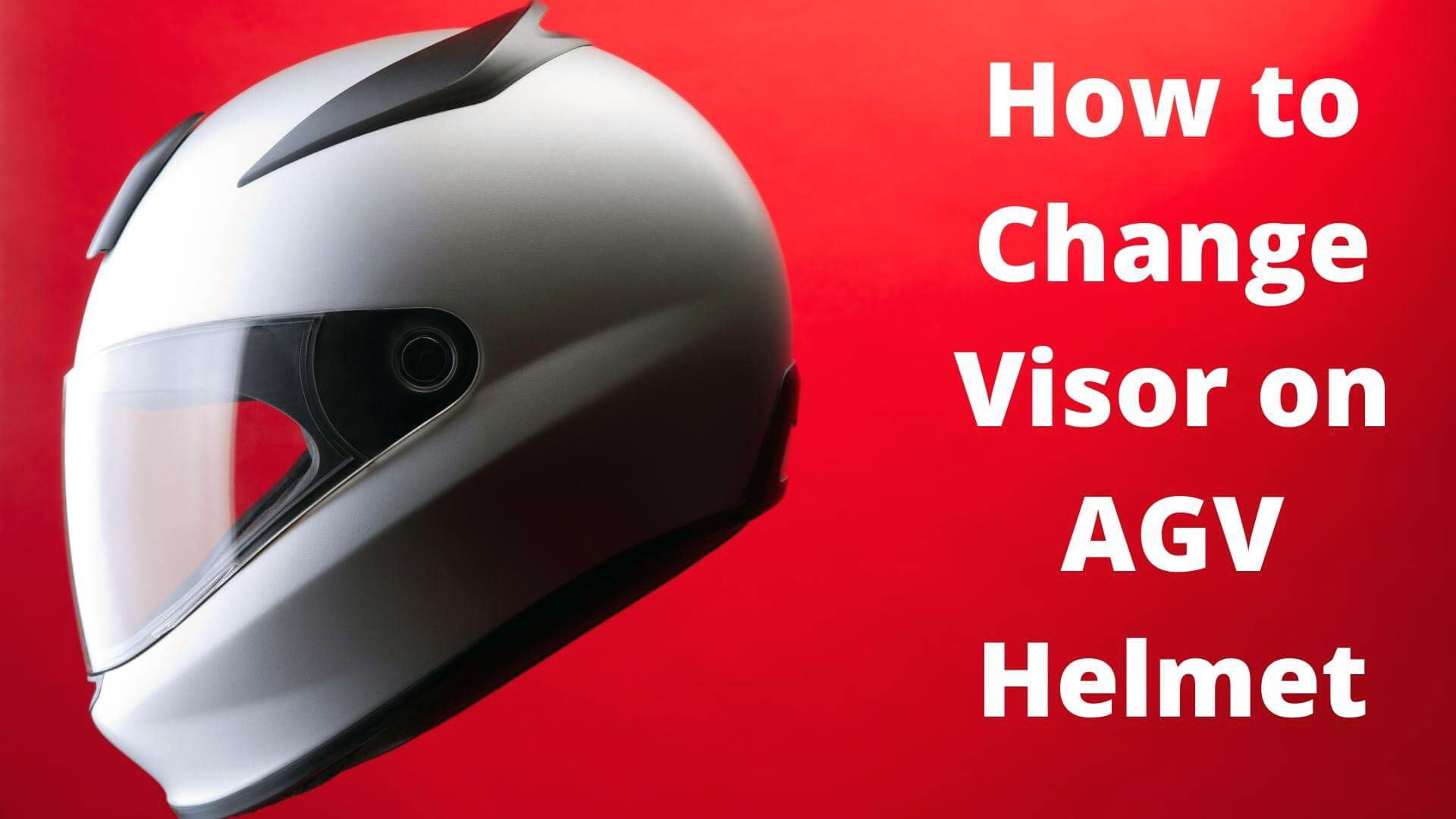Gravel Bike Helmet Law | Sparks Controversy Among Cyclists!

Attention all gravel bikers! Are you aware of the latest developments in the Gravel Bike Helmet Law? If you still need to do so, then it is recommended that you do it.
The law regarding helmets for gravel biking has been a hot topic of debate in recent years, with both sides presenting compelling arguments.
But regardless of which side you fall on, it’s essential to understand the facts and implications of this law.
In this article, I’ll explore the different aspects of the Gravel Bike Helmet Law, including its history, purpose, controversy, and its impact on gravel bikers. So, sit tight and get ready to dive into the world of gravel biking and helmet laws.
Helmet Laws Around the World

Helmet laws vary significantly from country to country, even within individual nations. In the United States, for example, helmet laws are determined at the state level, with some states requiring helmets for all cyclists while others have no such mandate.
European countries also differ in their approach to helmet legislation, with some nations enforcing strict laws and others adopting a more lenient stance.
However, Australia’s national helmet law requires all cyclists always to wear helmets.
Check Also: Best Budget Gravel Bike Helmets.
The Debate Surrounding Helmet Laws
Mandatory helmet laws have long been contentious, with proponents arguing that they save lives and reduce the risk of head injuries.
Detractors contend that such laws infringe on personal freedom and may even discourage people from cycling altogether.
This debate is particularly relevant in gravel biking, where riders often face more challenging terrain and a higher risk of accidents.
What Are The Rules Of The Gravel Bike Helmet Law?

The Gravel Bike Helmet Law rules vary depending on the location and jurisdiction. Generally, the law requires all riders to wear helmets while cycling on gravel roads or trails. Failure to comply with the law can result in exemplary or other penalties.
The specific requirements of the law can also differ between regions. For example, some rules may require that the helmet meets specific safety standards, such as the CPSC standard in the United States. Others may mandate that helmets be worn by only certain age groups or during particular events.
Many gravel bikers choose to wear helmets regardless of the legal requirements. It’s essential to be aware of the laws in your area and ensure that you comply with them. Even if the law does not require wearing a helmet, it’s highly recommended for your safety.
Remember that helmets are designed to protect your head from serious injury in the event of a crash or accident. So, regardless of whether it’s required by law, it’s always wise to wear a helmet while gravel biking.
Read More: Are Gravel Bike Helmets Necessary?
Gravel Bike-Specific Helmet Features
When it comes to gravel biking, not all helmets are created equal. Gravel-specific helmets often boast increased ventilation to keep riders cool on long, arduous rides.
Enhanced protection is another crucial feature, with many gravel helmets offering extended coverage for the back of the head. Additionally, visor options can help shield riders from sun, rain, and debris.
Choosing the Right Gravel Bike Helmet
The perfect gravel bike helmet involves fit, comfort, safety certifications, and price. A well-fitting helmet is crucial for optimal protection, so try on multiple sizes and styles.
When selecting a helmet, search for models that adhere to safety regulations established by organizations such as the Consumer Product Safety Commission (CPSC) or the European Committee for Standardization (CEN).
Finally, consider your budget, but remember that investing in a quality helmet is an investment in your safety.
Read More: Gravel Bike Helmet vs Road Bike Helmet
The Role of Education in Helmet Safety

While laws can play a role in promoting helmet use, education is equally important. Teaching cyclists about the benefits of wearing a helmet and how to fit correctly can help encourage responsible riding habits. Community programs, schools, and cycling clubs can all contribute to spreading this vital knowledge.
The Impact of Helmet Laws on Gravel Biking Participation
Helmet laws can have both positive and negative effects on gravel biking participation. On the one hand, they can encourage responsible riding and foster a safety culture. On the other hand, strict helmet laws may deter potential new riders who view them as an infringement on their freedom.
Alternatives to Helmet Laws
For those who oppose mandatory helmet laws, alternatives such as voluntary helmet use and incentive programs may be more appealing.
Encouraging cyclists to wear helmets without the threat of legal repercussions can still promote safety. At the same time, incentive programs can reward those who wear helmets with discounts or other perks.
The Future of Gravel Bike Helmet Laws
As gravel biking continues to grow in popularity, helmet laws may evolve to reflect the unique needs of this burgeoning sport. Technological advancements in helmet design and materials also play a role in shaping future legislation.
Ultimately, the goal should be to balance safety and personal freedom, ensuring that gravel biking remains an enjoyable and accessible pastime for all.
FAQs About Gravel Bike Helmet Law?
Do I have to wear a helmet while gravel biking?
Helmet laws vary by state, but wearing a helmet for safety is generally recommended.
What should I look for when choosing a helmet for gravel biking?
Look for a helmet certified by the Consumer Product Safety Commission (CPSC) that fits well, is comfortable for long periods, and has good ventilation and airflow.
Are there any additional safety tips for gravel biking?
Yes, besides wearing a helmet, it’s important to ride within your abilities, be aware of your surroundings, and ensure your bike is in good working order before hitting the trails.
What are the penalties for not wearing a helmet while gravel biking?
The penalties vary by state but can include fines of up to $250 in some states.
Is it safe to gravel bike without a helmet?
No, she was wearing a helmet while biking is always recommended for your safety.
Final Word
Gravel bike helmet laws are complex and divisive, with passionate arguments on both sides. As the sport continues to gain traction, it’s essential to prioritize safety while respecting individual choice.
By promoting education, encouraging responsible riding, and staying informed about the latest helmet technology, I can ensure that gravel biking remains a thrilling and safe pursuit for years.

Hey, I’m Hrithik Hossain. I am the head of helmethacks.com, which specializes in safety helmets. I am looking to connect with anyone interested in purchasing a helmet or who has any questions about different types of helmets. I have over 8 years of experience as a helmet expert, and I can’t wait to help you find the perfect helmet for you. I can help you with any questions regarding helmets, from the best brands to fitting, style, and more! I really enjoy keeping people safe by ensuring they have the best protection possible.







